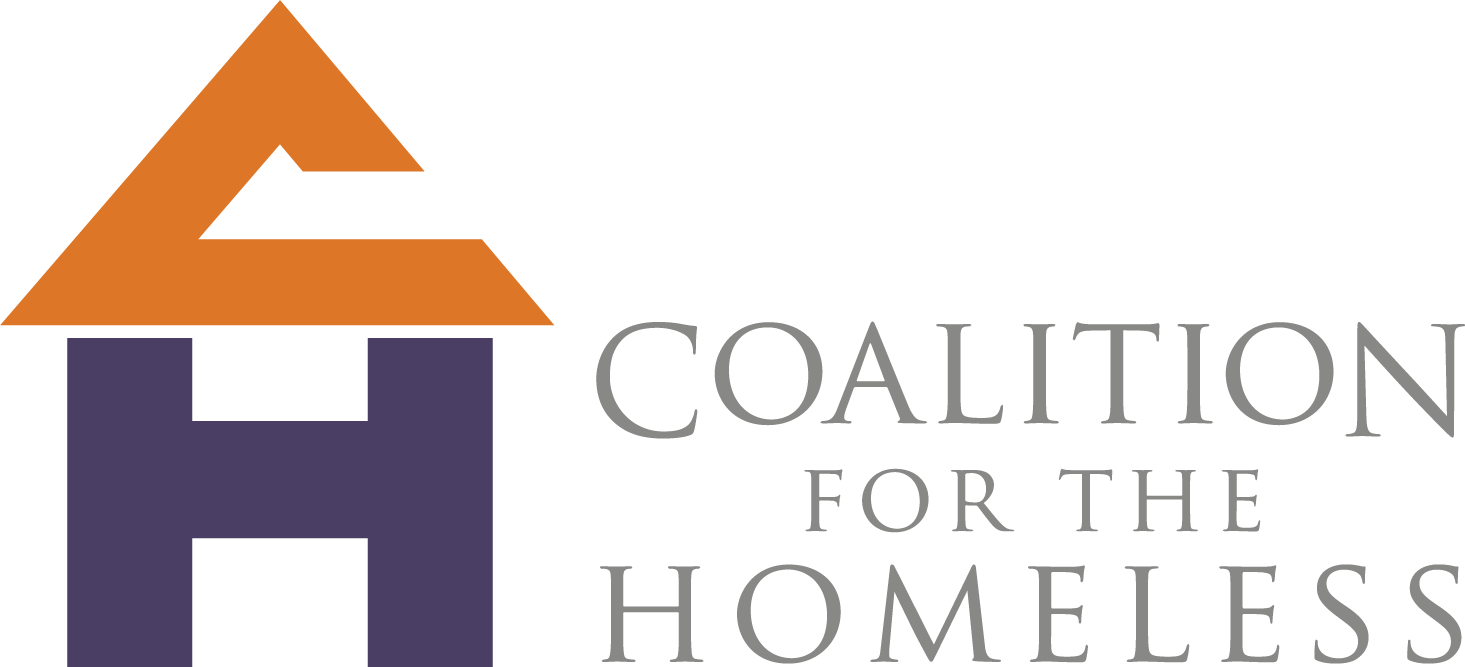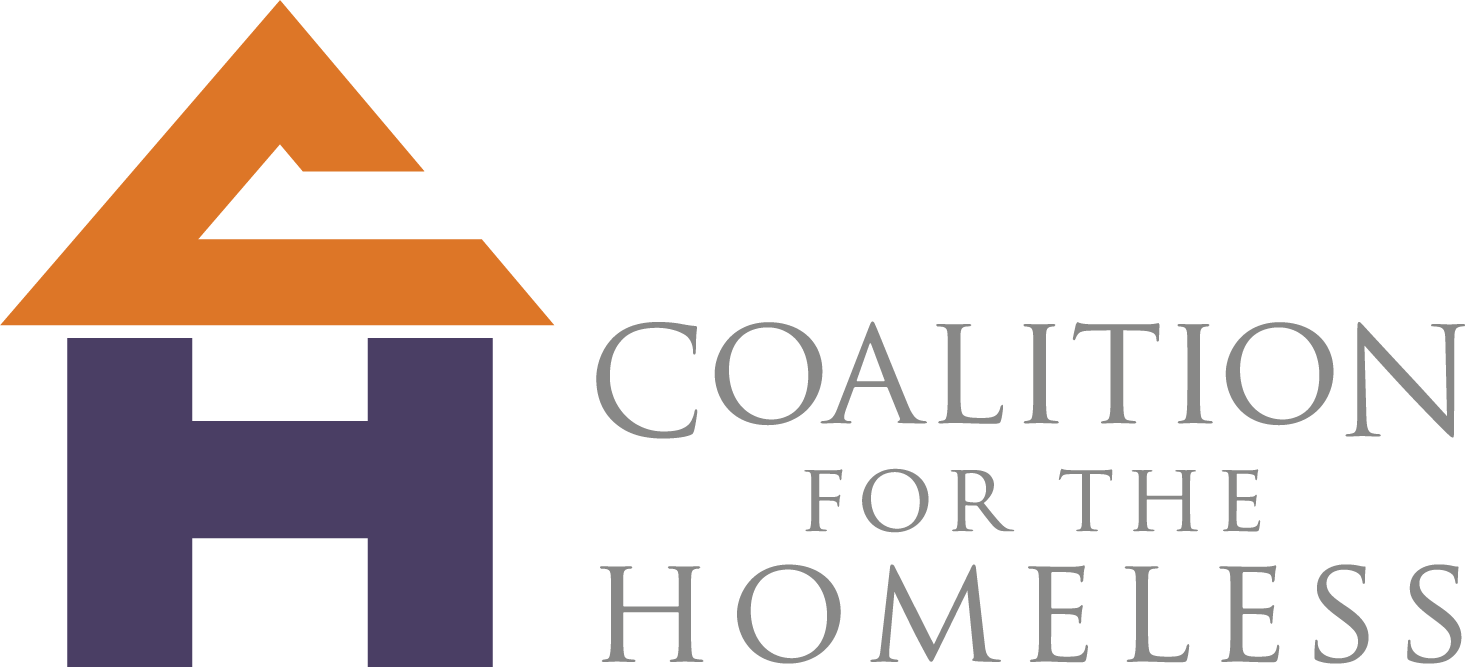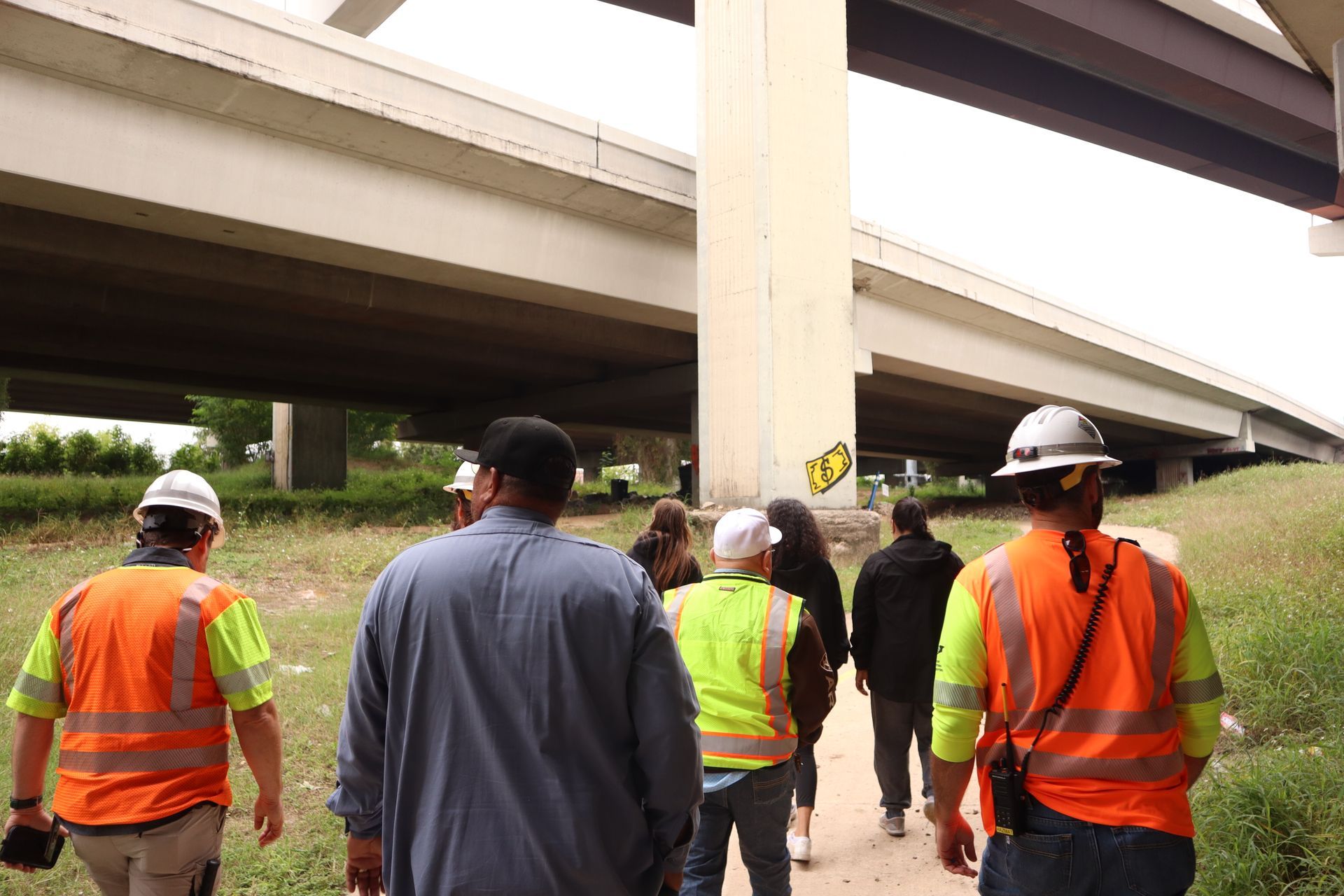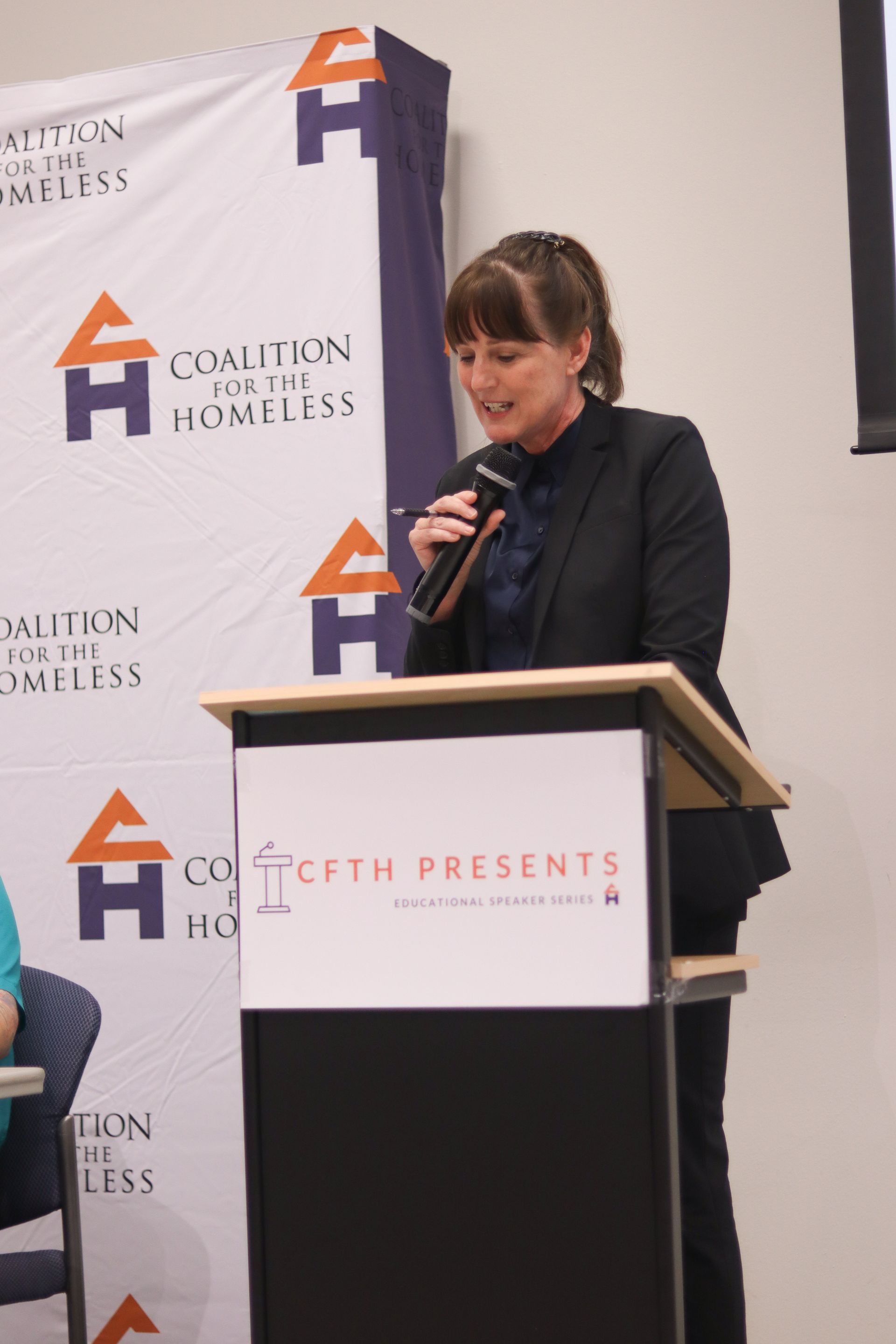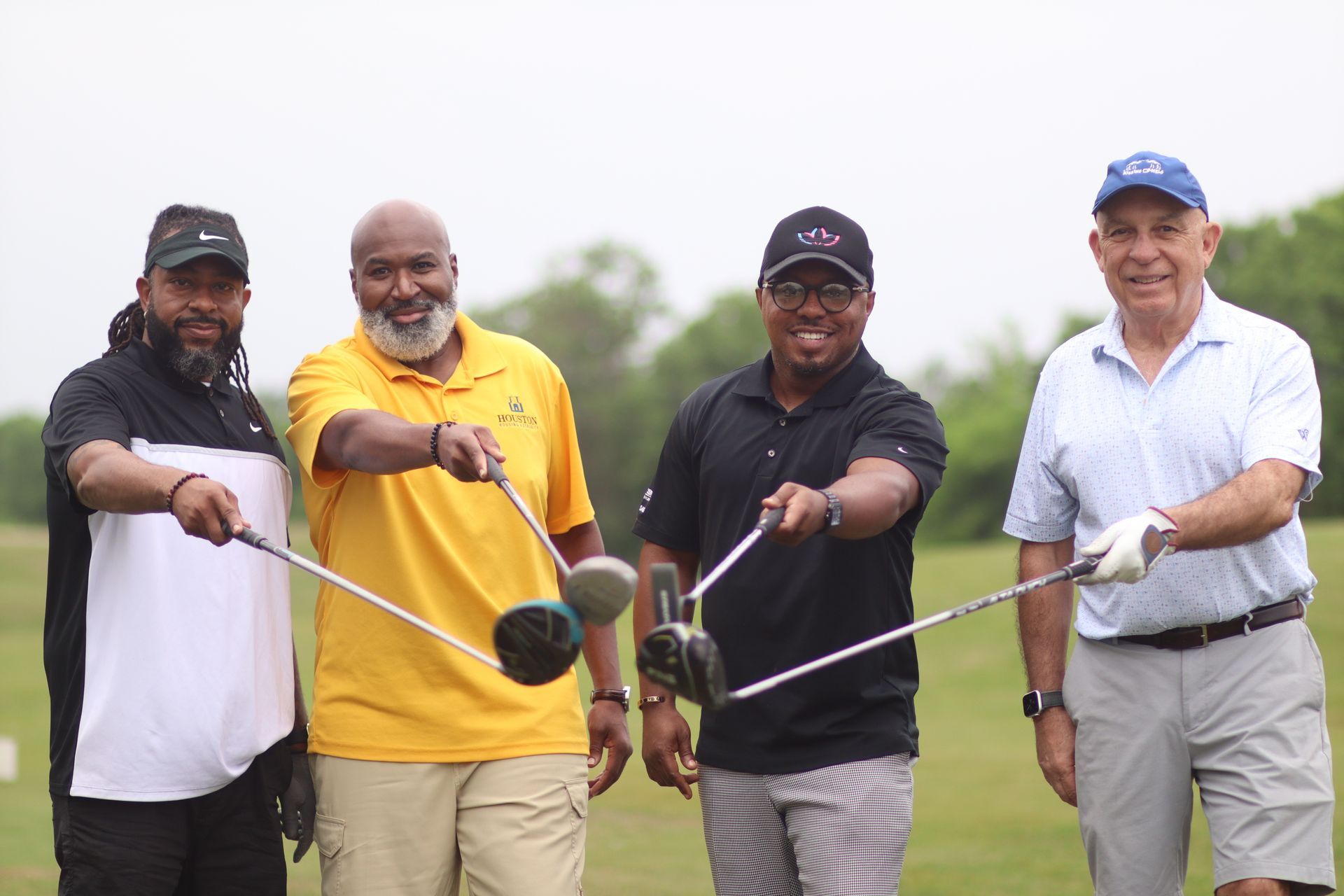Emily and Adam's Story: Part One
“There are addiction recovery and religious conversion programs that succeed in getting people off the street. But housing first involves a different logic: When you’re drowning, it doesn’t help if your rescuer insists you learn to swim before returning you to shore. You can address your issues once you’re on land. Or not. Either way, you join the wider population of people battling demons behind closed doors.”
From “How Houston Moved 25,000 People From the Streets Into Homes of Their Own,” by Michael Kimmelman, The New York Times, June 14, 2022.
CONTENT WARNING: The following content discusses domestic abuse and intimate partner violence. This may be upsetting to some people and triggering to readers with similar experiences.
This is part one of a two-part series.
This was not the life either of them had imagined. Yet there they were, living in an encampment, two tucked tight in a tent built for one. The only predictable thing about Emily and Adam’s home was the roar of cars from above, drivers speeding to the safety of their own homes. This was a safety Adam and Emily had both known well until recently. During the six months they spent under I-45, they attempted to get clean dozens of times. It was a-near impossible feat. Sobriety is complex and challenging even for those with resources. Attempting sobriety while experiencing homelessness comes with an entirely new set of unique and complex challenges.
Raised by her adoptive family in an upper-middle class community, Emily recalls an idyllic childhood: “I never once had to take the bus to school.” Her dad held a corporate position with a tech company for almost 40 years, while her mom took on the job of raising the family. Both loved and supported Emily deeply. Sadly, all that love was no match for what she’d endure at the hands of an abusive partner shortly after leaving home.
Emily’s relationship started off like a fairy tale. But over time her partner’s mask began to slip, revealing a violent, meth-addicted man hiding underneath. Trapped in a cycle of violence and instability, Emily began using meth alongside him to escape the pain.
Shortly after she finally managed to escape her relationship, Emily discovered she was pregnant. Pulled right back into a life with her abuser, she told herself this would change him, that this time things would be different. She had always dreamt of being a mother and was determined to make the relationship work.
Halfway through her pregnancy, her partner choked her until she passed out.
Violence — or threats of violence — is unfortunately a common experience for clients of The Way Home (people experiencing homelessness). With the COVID-19 pandemic, violence has been on the rise across the country.
When someone in an abusive relationship becomes pregnant, it can be an especially dangerous time because the abuser can the use the baby to further manipulate their partner. A choking incident can be a signal that the relationship is headed towards a fatal incident. This is why it is so important that people fleeing domestic violence have somewhere safe to go — or they risk falling into homelessness.
Fearful for the safety of her unborn child, Emily managed to leave once again. Staying with a friend for the remainder of her pregnancy, she remained clean and sober until giving birth to a healthy baby boy. After becoming a mom, Emily felt compelled to find her own birth mother. Upon meeting her, the first thing they did together as a family was meth. Finally, Emily began to understand the origin of her addiction.
She struggled to stay afloat after that. But the responsibility of a newborn, post-partum depression and the weight of her trauma proved too much to carry. Desperate not to feel, her addiction took hold again. Emily knew this was not the life she wanted for her son and made the heartbreaking decision to put him up for adoption when he was 9 months old.
This marked the beginning of Emily’s fall into homelessness. Feeling like there was nothing left to live for, she stopped fighting her addiction and begged it to destroy her instead.
If you or someone you know is experiencing domestic violence or the threat of domestic violence, call the National Domestic Violence Hotline for help at 1-800-799-SAFE (7233), or go to www.thehotline.org for anonymous, confidential online chats, available in English and Spanish.
For resources in Harris County, visit the Harris County Domestic Violence Coordinating Council at
https://www.hcdvcc.org/
All Rights Reserved |
Coalition for the Homeless of Houston/Harris County

